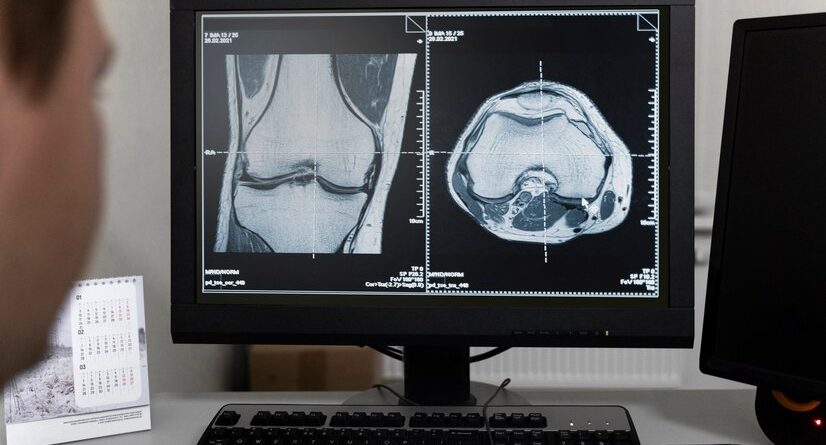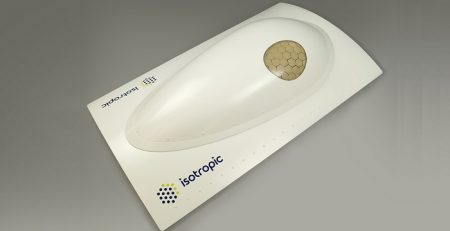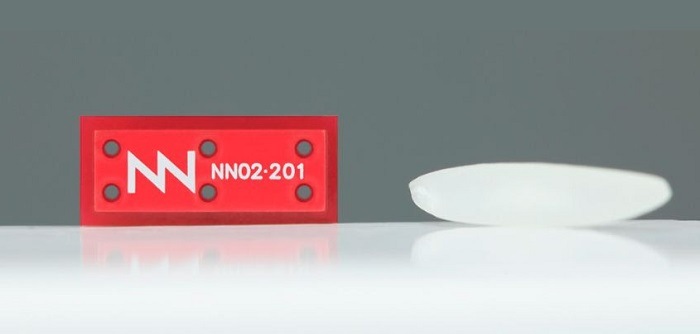What Are the Top Applications of Microwave Filters in Modern Technology?
Microwave filters are crucial components in electronic systems as they effectively manage signal frequency components, ensuring optimal signal integrity and system efficiency. These filters are particularly important in applications where clear and high-quality signals are essential, such as in telecommunications and radar systems. There are different types of microwave filters based on their functions. One type is the bandpass filter, which allows specific frequency bands to pass through while blocking others. Additionally, there are bandstop filters and lowpass filters that serve different purposes in signal processing.
Evolution of Microwave Filters in Technology
The progress, in microwave filter development has seen growth due to advancements over time. The initial versions were quite basic. Concentrated on filtering functions. However, the current model of microwave filters integrates materials and engineering methods, resulting in enhanced performance measures. New features, like miniaturization, better manufacturing techniques, and intelligent filtering strategies have expanded their range of applications. The development of these filters has allowed for designs that meet the demanding requirements of high-frequency communication and complex electronic uses.
Microwave Filters in Wireless Communication Systems
Enhancing Signal Quality
In communication systems microwave filters are crucial, for improving signal quality by getting rid of harmonics and interference that could negatively impact signal performance as a whole By choosing the frequency bands to permit careful microwave filters guarantees that the received signals are clear and devoid of noise This is essential for sustaining high data rates and dependable connections The quality of the signal has a direct influence on transmission efficiency which makes these filters essential, for contemporary wireless networks
Supporting 5G Networks
The development of generation (5g) technology heavily depends on the advancement of microwave filter technology nowadays as the need, for data speeds and seamless connectivity continues to grow with the rise of 5g networks worldwide.
 Applications in Satellite Communication
Applications in Satellite Communication
Microwave filters play a role, in satellite communication systems by guaranteeing the clarity and accuracy of signals sent to and from space while filtering out noise and unwanted signals that could affect communication quality. When it comes to filters like the Ocean Microwave band pass filter they are tailored to permit preferred frequency bands to pass through while blocking out others. This precision is essential, for satellite operations as even small distortions can result in communication issues.
Use of Microwave Filters in Healthcare Technology
Medical Imaging Equipment
Microwave filters play a role, in healthcare technology in medical imaging tools like MRI and CT scanners where precision is key, for clear and accurate imaging results to aid in better diagnoses and improve patient outcomes by eliminating signal noise effectively.
 Diagnostic Equipment Integration
Diagnostic Equipment Integration
The incorporation of microwave filters, into instruments, enhances their performance further by regulating the passage of only the necessary frequencies to prevent interference between various systems in operation. This becomes crucial in settings such, as hospitals where numerous devices are used concurrently. The efficient utilization of these filters guarantees outcomes from tools and upholds operational reliability to improve healthcare services.
Implementations in Military and Defense Systems
Radar Systems
Microwave filters are components, in radar systems used for purposes like surveillance and target tracking as well as missile guidance. They are designed to permit microwave frequencies to pass through while blocking signals that could disrupt radar operations. The accuracy of these filters helps radar systems detect targets clearly in environments. An inadequate filtering system can lead to disruptions, in radar functionality. Reduce efficiency.
In radar applications, for use and critical functions like radar operations are often improved by using technologies such as high-frequency cavity structures, in microwave filters designed to enhance performance even in challenging conditions reliably.
Electronic Warfare Applications
Microwave filters play a role, in warfare by aiding in the identification and interference of signals utilized by opponents Military filters are tailored to pinpoint particular frequency bands to optimize jamming capabilities With the ability to isolate key frequencies and suppress others military forces can disrupt enemy transmissions and radar signals without risking their own systems This focused strategy is essential for upholding supremacy, during combat situations
Furthermore, the capability to customize microwave filter configurations to cater to the requirements of warfare provides strategic benefits. Incorporating microwave filters into warfare setups guarantees that military resources remain undetectable and exceptionally effective. The intricate engineering process involved (such as, in offerings from firms, like RFecho) highlights progress that enables signal isolation and operational effectiveness in these scenarios.
Industrial Uses of Microwave Filters
In Manufacturing Processes
In settings, microwave filters play a role, in optimizing manufacturing operations by enabling smooth communication among automated systems. These filters are crucial for ensuring signal transmission, which is vital for the efficient performance of automated equipment. By reducing interference microwave filters boost the dependability of machinery resulting in enhanced production efficiency. This aspect is especially important, in contexts demanding precision.
Moreover, microwave filters can be customized to meet the requirements of manufacturing environments. By using filters manufacturers can prevent interruptions, in automated systems. Minimize downtime caused by signal interference. The incorporation of cutting-edge filtering technologies, such as those pioneered by RFecho highlights how innovation plays a role, in enhancing manufacturing operations. These advancements guarantee that the industrial sector can fully capitalize on the advantages offered by microwave technology.
Automation Systems
Microwave filters are crucial components in automation systems as they facilitate control and communication among various components. In today’s factories where multiple machines operate simultaneously, it is essential to maintain clear signal paths. Microwave filters play a vital role in ensuring that only relevant signals are handled while blocking out interference from other systems. This capability helps uphold precision and operational efficiency.
Moreover, the incorporation of microwave filters leads to increased effectiveness in automation systems. By utilizing these filters, businesses can achieve substantial enhancements in efficiency, allowing resources to be redirected toward production rather than addressing signal problems. This, in turn, contributes to enhanced resource management and reduced operating expenses.
Industry players like RFecho continuously advance microwave filter technology, empowering businesses to maintain a competitive edge in performance. These advancements enable companies to optimize their automation systems and stay at the forefront of technological innovation.
Automotive Industry Applications
Advanced Driver Assistance Systems (ADAS)
Microwave filters play a crucial role in the field of automobiles, particularly in Advanced Driver Assistance Systems (ADAS). These systems rely on precise sensor information for efficient operation, making the need for effective filtering solutions essential. By incorporating microwave filters, automotive technology can effectively eliminate unwanted signals and disturbances, ensuring a reliable assessment of the vehicle’s surrounding environment and enhancing its safety.
The inclusion of microwave filter technology in ADAS not only improves functionalities like cruise control and parking assistance but also enhances collision avoidance systems. These functionalities heavily rely on radar and sensor information, which is ensured to be accurate with the help of filters that maintain signal integrity. The accuracy provided by calibrated filters plays a significant role in enhancing the safety and dependability of modern vehicles.
Telematics Systems Integration
Microwave filters are integral to telematics systems, which combine telecommunications and vehicle technologies to enhance vehicle control and monitoring capabilities. For telematics to function optimally and transmit data efficiently, a consistent signal is essential. Microwave filters manage crucial frequencies and prevent interference, ensuring accurate data readings.
Additionally, microwave filters improve the connection between vehicles and external networks, supporting real-time data analysis effectively. As automotive technology advances, incorporating filtering solutions enhances system efficiency, enabling seamless communication and improving user experiences. Brands like RFecho lead in filter technology advancements, helping the automotive sector meet evolving connectivity and performance standards.
In summary, the use of microwave filters in telematics and automotive fields underscores their importance in today’s technology landscape. RFecho’s cutting-edge developments in microwave filter technology highlight the progress that empowers various sectors to thrive in an ever-evolving technological environment.


 Applications in Satellite Communication
Applications in Satellite Communication Diagnostic Equipment Integration
Diagnostic Equipment Integration




